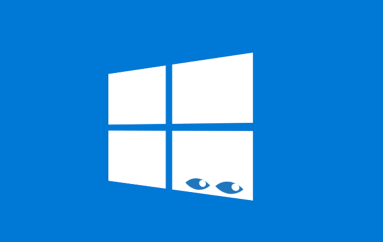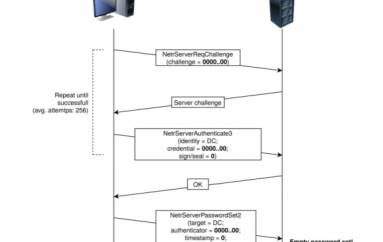
Apple executive: FBI is ‘taking the side of hackers’ in iPhone unlock case
The FBI is no better than hackers when it comes to “violating” security measures of the iPhone, a leading Apple executive has said in an interview.
Apple’s Eddy Cue defended the company’s refusal to help the FBI unlock an iPhone belonging to one of the San Bernardino shooters in a lengthy interview in Spanish broadcast on Univision on Wednesday.

According to an emailed transcript sent by Apple, the executive argued that complying with a court order compelling the company to help the FBI to weaken the security on the iPhone would effectively help hackers’ do their own jobs.
Cue reasoned that it’s “not the way [the FBI is] looking at it, but really that’s what is happening,” he said in the interview.
“Security will end when you do a thing like this,” said Cue, who oversees the company’s iTunes Store and iCloud among other services.
“You either have security or you don’t have security,” he said, arguing that there was no middle ground on the matter.
While the company fights the order, it’s working in-house to lock down its devices further from government intrusions, Cue said. “We are thinking about how we can make things more and more secure,” he said. “It is very important to always stay ahead of the terrorists and criminals.”
The executive’s argument was that the case could spiral far out of control, arguing that the government could demand access to “your phone’s camera and microphone,” said Cue, according to the transcript.
It’s a sentiment echoed by Apple’s software chief Craig Federighi said in an opinion piece in the Washington Post that the government is “pressing us to turn back the clock to a less-secure time and less-secure technologies.”
Cue and Federighi follow their boss, chief executive Tim Cook, who kick started the diatribe of bitter rhetoric against the government for what he called an “unprecedented step which threatens the security of our customers.”
Cook refused to comply with the order, which would force Apple to create custom-build software for the terrorist’s iPhone in order to bypass the security measures, allowing federal agents to guess the device’s passcode without being locked out after failed attempts.
Apple, which Cue confirmed in his latest comments, is ready to take the case to the Supreme Court.
But that isn’t enough for Apple, nor is it for any of the parties involved in this legal precedent-setting case. Last week, Apple’s chief counsel Bruce Sewell and FBI director James Comey both agreed that Congress should legislate on the matter.
Apple will next appear in court in California on March 22.
Source | ZDNET





